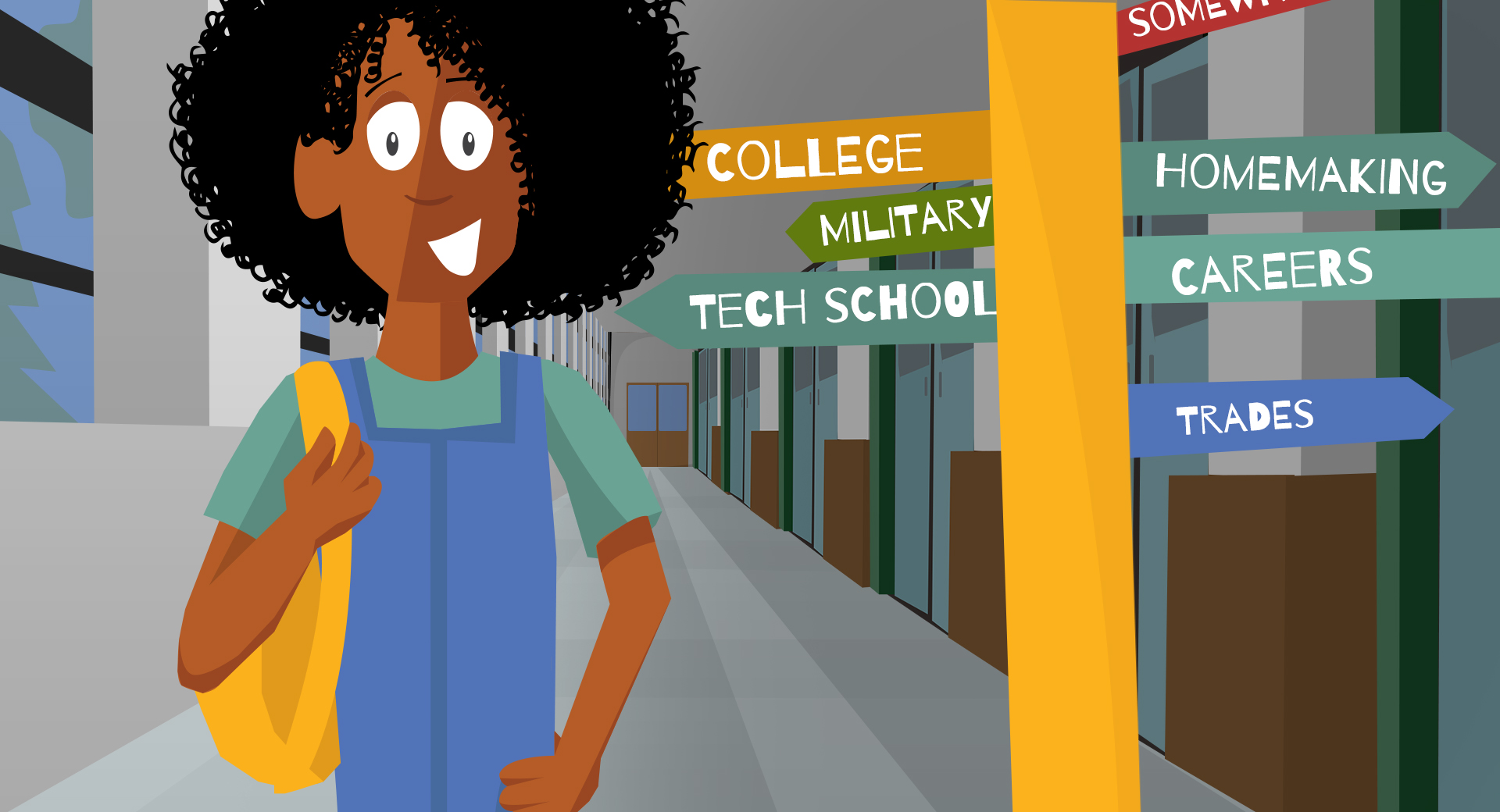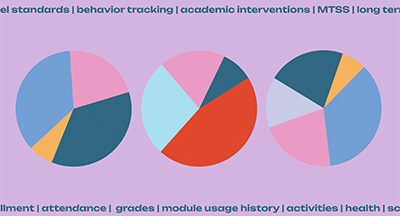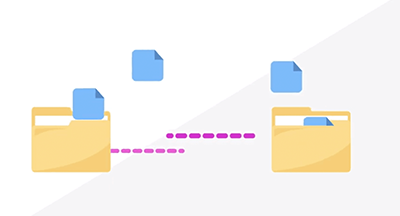
We’ve discussed the looming global shortage of tech workers and potential solutions in previous articles, such as The Ups and Downs of Girls in STEM.
It’s been a good idea to pursue alternative credential programs for decades: these quick-study programs can boost resumes and get workers into career paths quickly. Skilled trades graduates can expect to be hired immediately to backfill vacancies. Still, thanks to decades-old methods, students are often funneled into a couple directions: college or career readiness.
Even technology education and skilled trades require credential programs often completed as a post-secondary path. What would the employment landscape look like if students were able to move more quickly into the workforce, if that was their goal?
Going through the motions vs. beelining to the destination
While a portion of college graduates are academics devoted to lifelong learning for the sake of learning, some students are simply there for the diploma as a ticket to work. What if the students who rush toward graduation were allowed to, and a path was formed for them?Missing out on humanities could have a detriment in a number of career paths, but folks holding humanities degrees will still earn less than their STEM cohorts.
There are pros and cons to fast-forwarding through a college education.
Pros include:
Quicker access to credentials that lead to careers. Perfect for returning students and recent graduates who wish to jump start a career.Cheaper education options. Accelerated degree programs take less time and require fewer credits. Schools are less likely to have large campuses and athletic programs that suck up funds quickly.
Workers to jobs in a never-ending industry. While the hiring market is leveling out, employers are still looking to fill high-demand jobs.
Saves time when people just want to get started. It’s not a bad thing to want to settle into a career with earning potential, build a life, and create a future.
Cons include:
Losing experiences that produce a well-rounded individual. Unless various extracurriculars are replaced with similar personal experiences, the loss of exposure to various viewpoints and opportunities could close minds and limit community building. In that case, a concentrated network growth is required.Missing out on relationship building. Formal education offers opportunities to meet with other students, professors, and buiness contacts.
Straight to the point. Nothing to distract the student from the focused career path, no fluff. Yes, it gets students through a course of study quickly, but there’s a reason the average student changes majors during a college career. Sometimes those distractions can lead to a dream career.
Narrow experience vs. broad and varied. Limiting a course of study limits the experience the student gains. Our society as a rule tends to like this idea (“Jack of all trades, master of none”) but perhaps undervalues the impact of a rich education and work history (“…but better than a master of one”).
Some skills take time. Students who rush through education may miss out on practicing soft skills that are difficult, expensive, and intensive to train.
It’s nice to have guidance. Rushing a degree accelerates the end of educators’ guidance before brain development ends, specifically the prefrontal cortex, the development of which leads to more capable executive function.
Which is better? It depends.
The push for college and career readiness primed us to think of two binary paths: either kids are gearing up for a career right after graduation or prepping for four years of college. In actuality the possibilities are as numerous as the young adults themselves. It’s time to recognize all of these paths, not only the two most traveled in the past.Follow-up resource: Soft skills for tech workers
Learn why these hard-to-teach skills are in high demand.WHAT'S NEXT FOR YOUR EDTECH? The right combo of tools & support retains staff and serves students better. We'd love to help. Visit skyward.com/get-started to learn more.

|
Erin Werra Blogger, Researcher, and Edvocate |
Erin Werra is a content writer and strategist at Skyward’s Advancing K12 blog. Her writing about K12 edtech, data, security, social-emotional learning, and leadership has appeared in THE Journal, District Administration, eSchool News, and more. She enjoys puzzling over details to make K12 edtech info accessible for all. Outside of edtech, she’s waxing poetic about motherhood, personality traits, and self-growth.




